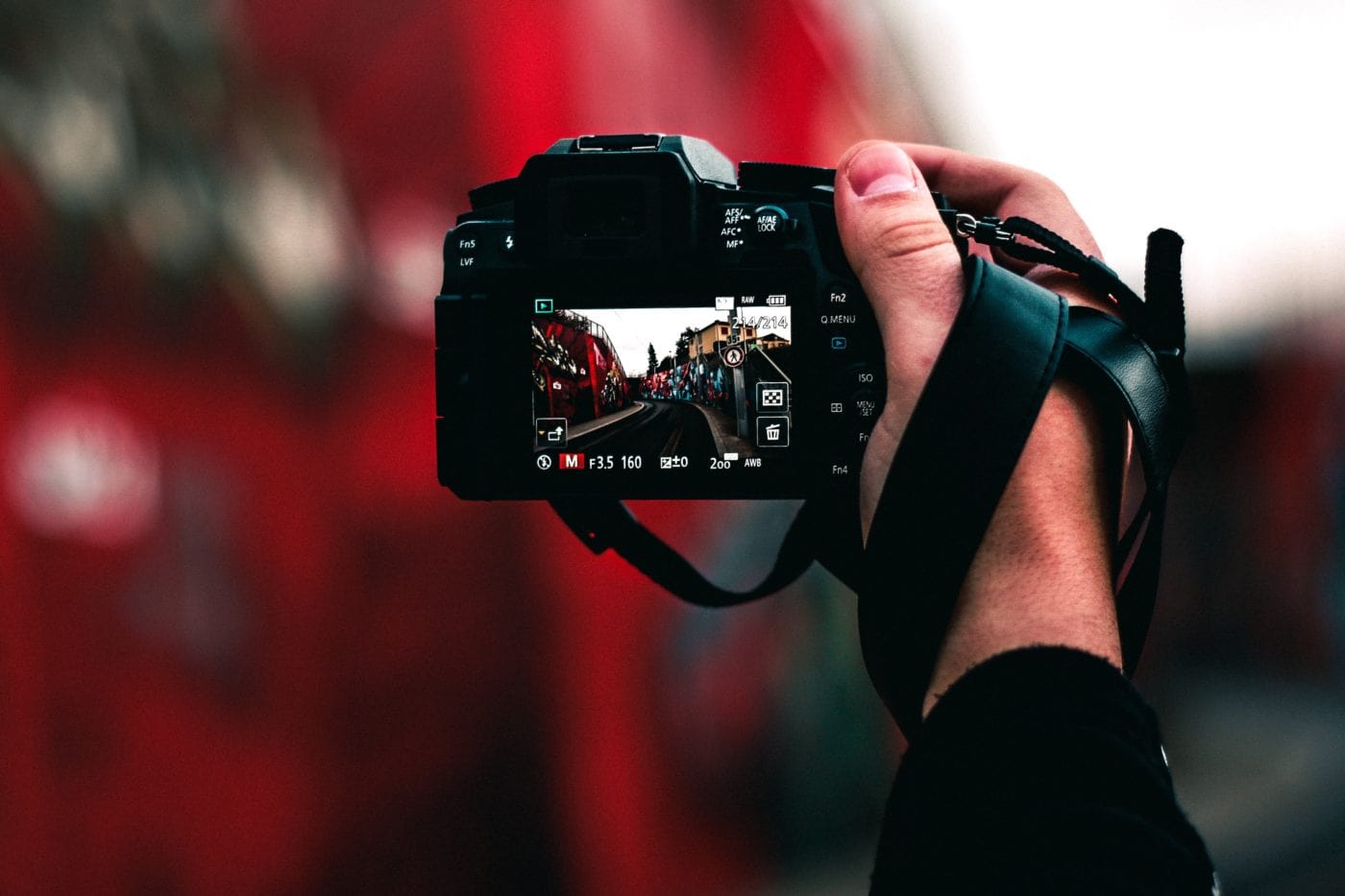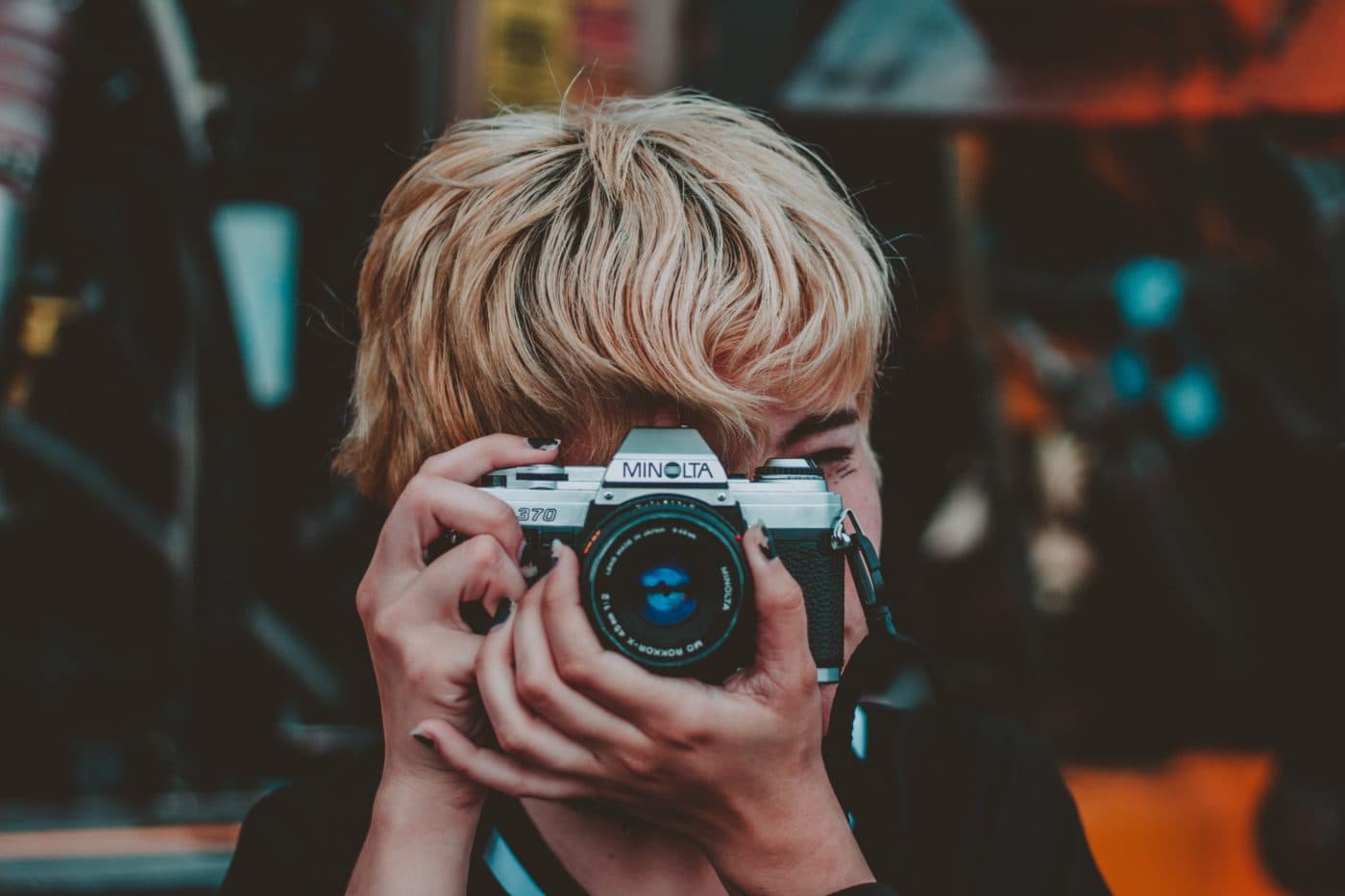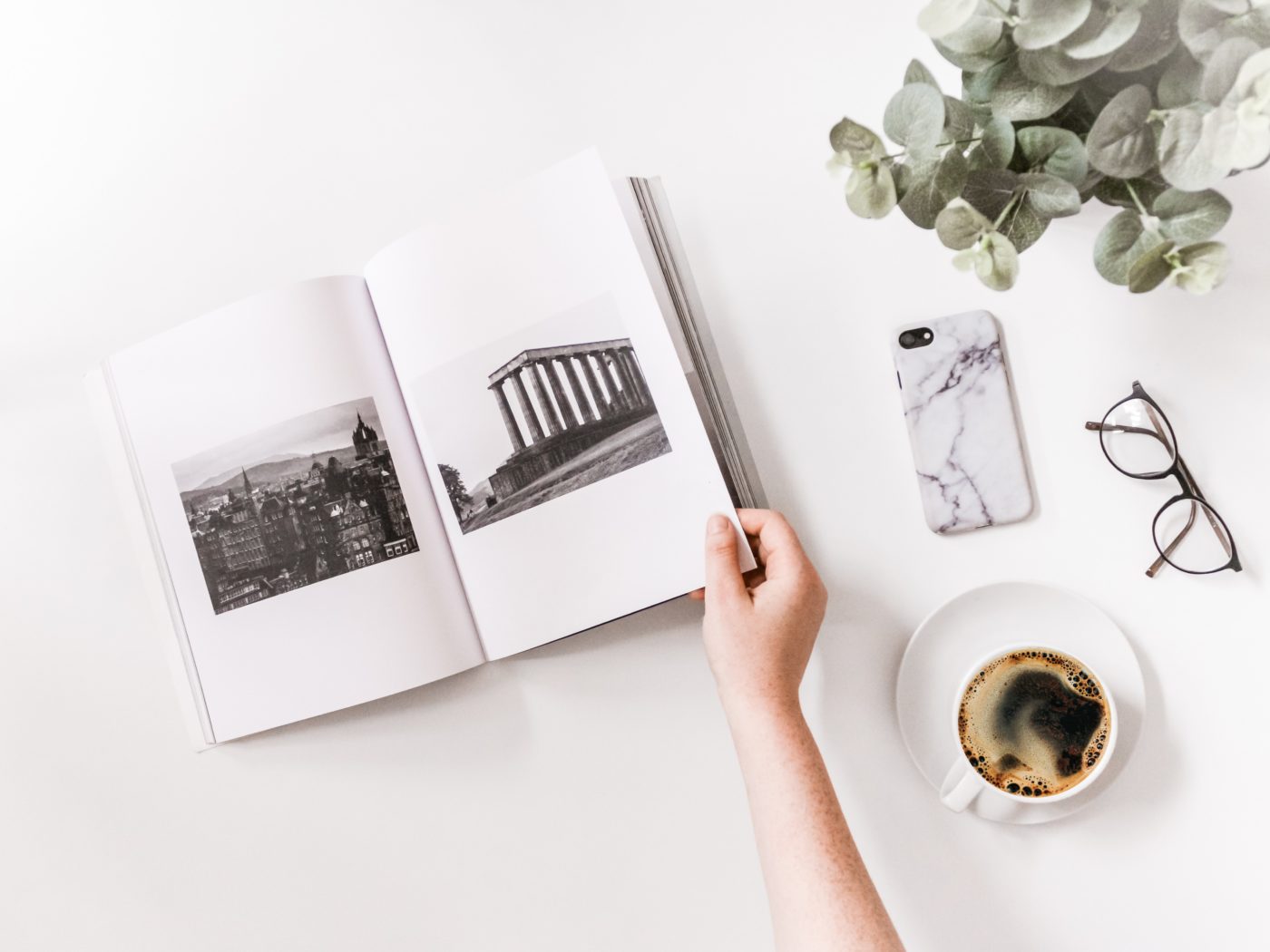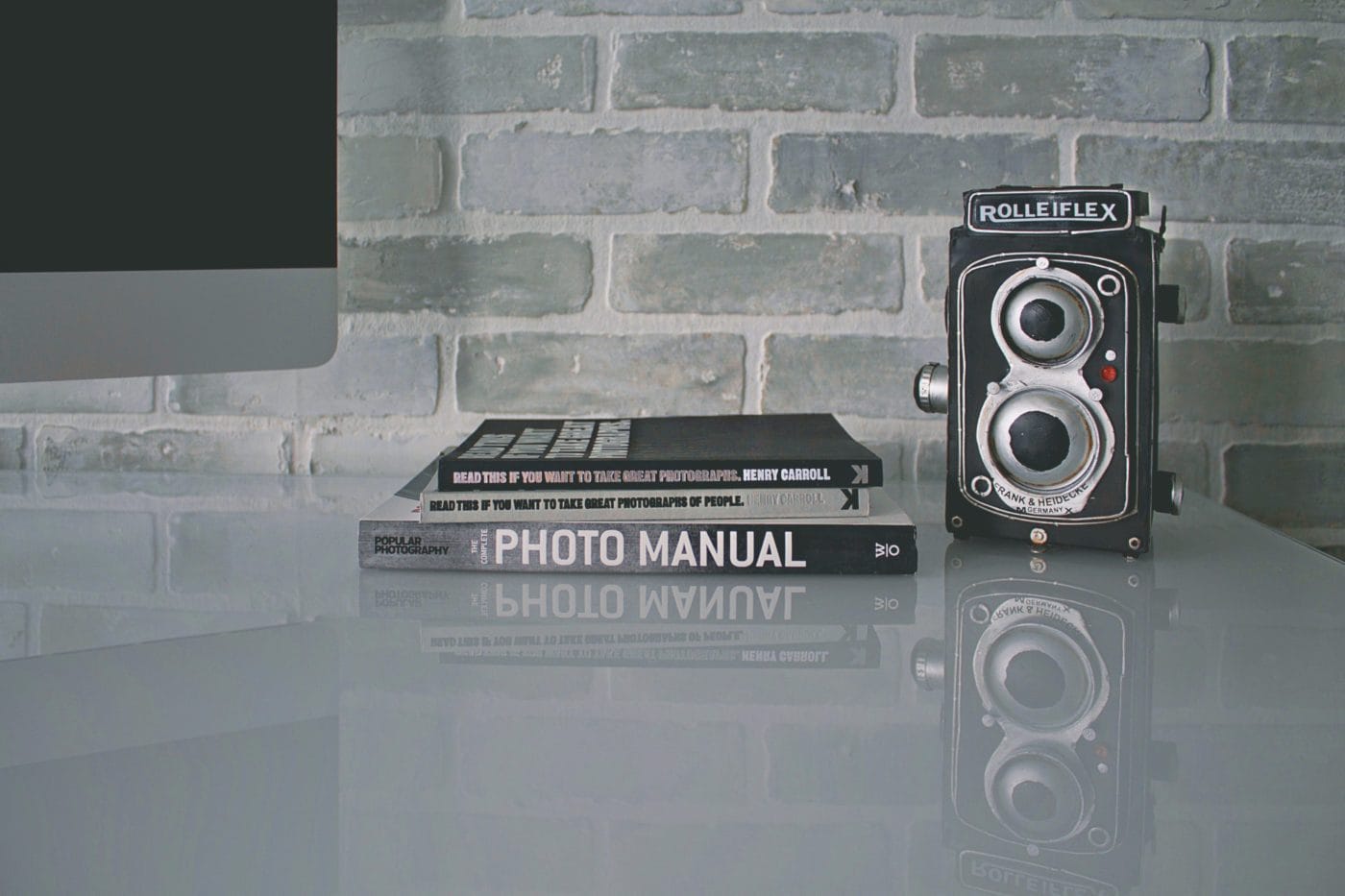Initiation to photography. There is nothing. Four words. A whole world. Congratulations, you have embarked on a wonderful and deep ocean. Learning photography may seem easy, but it is only a mirage. I explain. Now the cameras do almost everything for you. It seems that you buy an SLR and you can already take good photos. Or is it what most people believe.
I confess that even I myself believed it a long time ago. And I took the blow of the century. That is why I can speak properly, from the experience of successes and failures. And that's what I bring you today. So that you don't fall from the same height that I fell from, or that you do like me, that you get up as many times as necessary.
With this article I intend to give you an initiation guide to photography but without dying in the attempt, or what is the same, without throwing in the towel two days after leaving all your savings on a brand new camera. Because if. There are many who leave it abandoned in a drawer out of desperation or end up shooting automatically, which is almost worse. I don't want this to be your case. So here we go. settle down
INTRODUCTION TO PHOTOGRAPHY: BASIC CONCEPTS
The first step is to be clear that having a better camera will not make better photos. The camera is just a tool at the service of the photographer. First you have to learn photography, from there, you can get the best out of any camera. With this cleared up, we can continue ? .
Do you know what aperture, shutter speed, ISO, white balance, focal length or depth of field means? If you do not know these terms, start your initiation to photography there. You will not be able to advance until you become familiar with them. More will come later, but these are basic.
You can already have the best SLR in the world that if you don't master them you won't be able to go beyond automatic mode, and believe me, for that you better shoot with your smartphone that weighs less and you can also take interesting photos.
But how? You have two options:
- The fast way, sign up for a photography course with which you can save a lot of time and headaches. For example, at the School of the Photographer you have one online, to start from scratch and at your own pace.
- Being self-taught. It can? Yes, you can learn photography in a self-taught way. I did it, but for that very reason I recommend option 1. If you know where to walk and follow this guide more or less, still, but if not, you will lose a lot of time, suffer more frustration than usual and then, when you look back, you will regret it. It would be of great help if you get hold of some guide material, like our ebook The Magic of Manual Photography or a simple book like the one we recommended by Henry Carroll.
Another option is through our articles, if you start from scratch, I recommend that you start here. Preferably in this order and please don't binge in one day. Put this item somewhere handy and spend a day on each of the following items so you can try out your camera and practice:
- exposure triangle
- Opening
- shutter speed
- ISO
- depth of field
- Focal distance (if you missed it when we told you about it in the depth of field article ? )
- histogram
- shooting modes
- white balance
- raw
- Measurement modes

In case you are more into video, I leave you with this video on shutter speed, on our channel you will also find another very clear video on depth of field.
This will be a first phase, the most basic. When you are clear about this, even if it is practicing at home, without leaving the sofa (you can) you can move on to the following concepts. One more link. Some of them sound somewhat ugly, but they are not as ugly as the name and we will explain them to you very easily:

And, of course, don't stop learning to hold the camera correctly.
Once you have approved the technical part, or in parallel, if you see that it motivates you, that it is the fresh air you need, keep updating yourself in composition and in light as a creative element.
For the moment start with this, little by little you will discover your own needs depending on the disciplines that you like to practice the most.
READ YOUR CAMERA'S INSTRUCTION MANUAL
I know that this is the most tedious part of the initiation to photography of all. The instruction manuals are truly insufficient, I am aware. But it's the only way to really know your camera. Because you can always pull the After-Ton method , but count on it taking more time and you might lose a lot of functions along the way and never even know they're there.
For me, the most effective thing is to read the manual with the camera in hand. It is the way to know your camera inside out, to enter into symbiosis with it and not lose photos by looking for the buttons at the moment.
PRACTICE PHOTOGRAPHY
This is essential to learn photography or any other discipline. That practice makes perfect, you will have heard it thousands of times. And it is that it is a truth like a temple. It is so. You can read a lot, articles from the Photographer's Blog, books, courses, whatever you want, but if you don't put into practice what you are learning, it will be useless. You will only have wasted your time.
And practicing is not waiting to have a heart-stopping landscape to go and take pictures of it. Practicing is taking advantage of any moment, whether you are at home or on the street. It's about practice, not about getting the photo of your life. Step by step, everything will come, but if you wait for the ideal occasion to practice, you will end up getting bored and wasting precious time.
Have your camera always at hand and take advantage of every moment. Once you master your camera and the basic concepts, you will be able to go up steps and look for more propitious situations, remember that houses begin to be built from the foundations, never from the roof. Here the same ? .
And if you don't know where to start practicing, we have something for you: all the photography exercises you may need to improve in this art.
TOLERATE FRUSTRATION
If I told you that in your initiation to photography you are not going to get frustrated at any time, I would lie to you. The good news is that frustration is not bad. On the contrary, the bad thing is to throw in the towel. The problem is not in the frustration as such, because if you know that it is something normal and you learn to handle it, the only thing that will lead to it is growth. The problem is getting discouraged by any photographic frustration or disappointment.
When the dreaded frustration hits, use that energy to improve, to seek the results you expect, to practice and grow as a photographer. On her day, our partner Iaio wrote an inspiring guide to dealing with her.
HANDLING CRITICISM IN THE INITIATION TO PHOTOGRAPHY
Criticism is closely linked to frustration, as if it were the same producer of two films ? . The criticisms are there. You are going to find them. Good and bad. Constructive or derogatory. When you expose your work to the world, you are giving others the opportunity to appreciate it and talk about it. And this is good.
What happens is that there are some people who have not learned the art of making constructive criticism and most of us have not been taught to accept it and hunger joins us with the desire to eat. And we have to digest it alone.
The trick, which seems easy to say but you have to do it ? , consists of ignoring all those criticisms that don't contribute anything to you. Those that have no foundation, those that are not justified. Both the good and the bad. Listening to someone who doesn't know about photography tell you your photo is good, period, it's not helpful. On the contrary, you may really believe it even if it isn't and that doesn't help you move forward, but to settle into your comfort zone.
My advice is to filter and keep all those reviews, good or bad, that have a reason behind them. These are the ones that will help you enhance the good and improve what can be improved. That is, to enhance your strengths and improve your weaknesses.
DEVELOP THE PHOTOGRAPHIC EYE
There are those who are born with a gift to see photos and there are those who develop it, 90-95% of normals (no scientific data) belong to the second group. Only a privileged few are born with the gift in their veins.
The good news is that it can be learned and developed. For this it is necessary to see many photos of great photographers ( this, for example, can be a guide list to start with). Luckily, in this age we have it really easy. You have the option of browsing photography books, but also of immersing yourself in the network. Instagram, Flickr, 500px, etc. They are resources that you can use to develop your photographic eye.
On the other hand, observation is very important. Take photos even when you're not carrying your camera. Looking around you, studying the light, framing mentally or using your hands as a frame will help you prepare for when it's time for a great photo. Because on many occasions the great photos arrive because the photographer has known how to anticipate it a few moments before.

DO YOU WANT TO LEARN PHOTOGRAPHY?
Obviously you can't learn photography in a day, nor can you play the piano in a week no matter how much you buy the best piano in the world, unless you're a child prodigy of course (but there's only one Mozart). Sound will sound, but it will sound noise, of quality ? , but noise after all. Just like you can't learn a language, play tennis well or sail a boat in a few days. Everything takes time and effort.
If you find this to be too much for you, if photography doesn't arouse that much interest or effort, you just want to capture some decent memories, maybe you should rethink if this is your ideal hobby. It is possible that by learning composition and with a compact camera that offers good features, you will achieve your goal without breaking your head and without spending your savings on SLRs and various lenses. Which would be just as lawful and respectable.
But if you like it so much that learning photography doesn't seem like an effort but a pleasure, an investment of time, your body asks you to, photography runs through your veins and without clicking you feel short of breath... then you're in your place. Now yes, from the community of photography lovers we welcome you with the red carpet and everything. It is a long but wonderful task and, remember, the important thing is not to reach the goal, but to enjoy the journey while you arrive.
If you found this article useful, I ask you a small favor, share it on your favorite social networks. Send it to those newcomers who are lost. Help me shed a little light on the path of initiation to photography. Thanks.
Happy photography.


